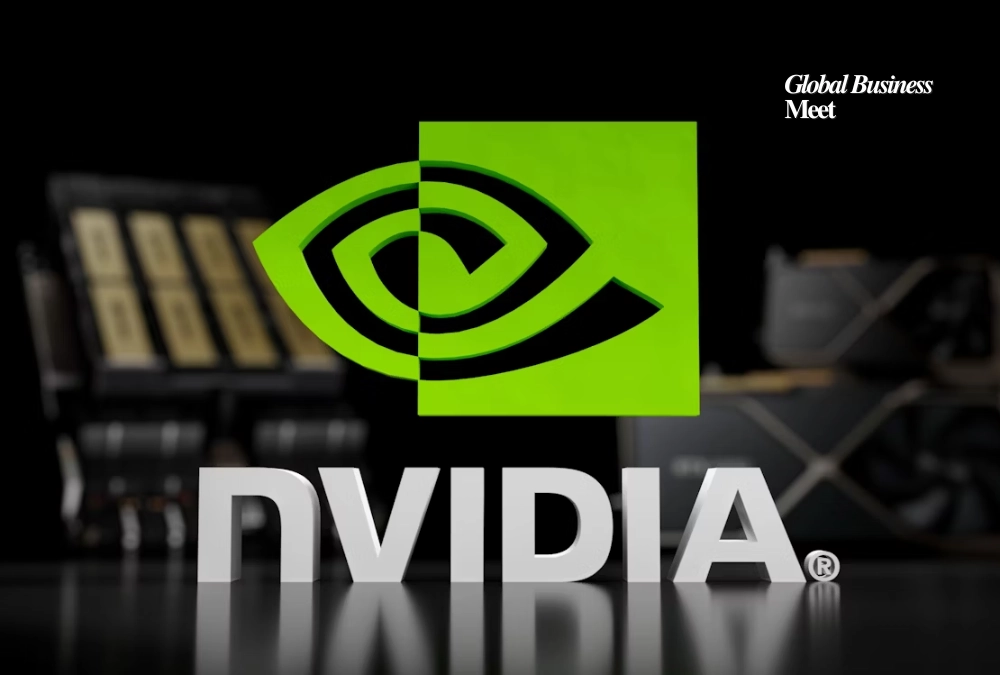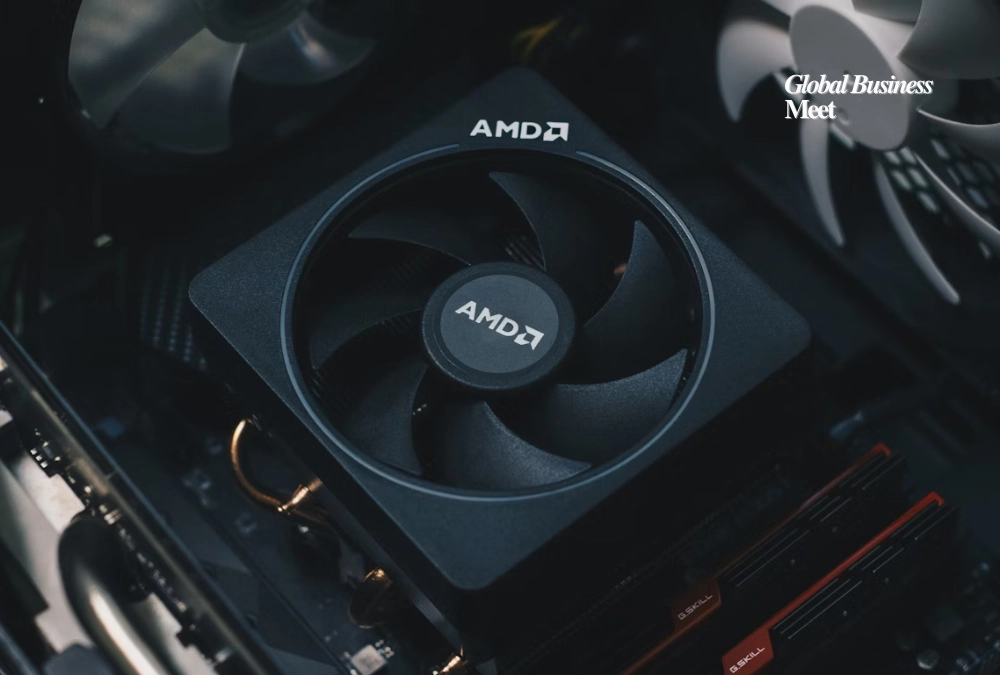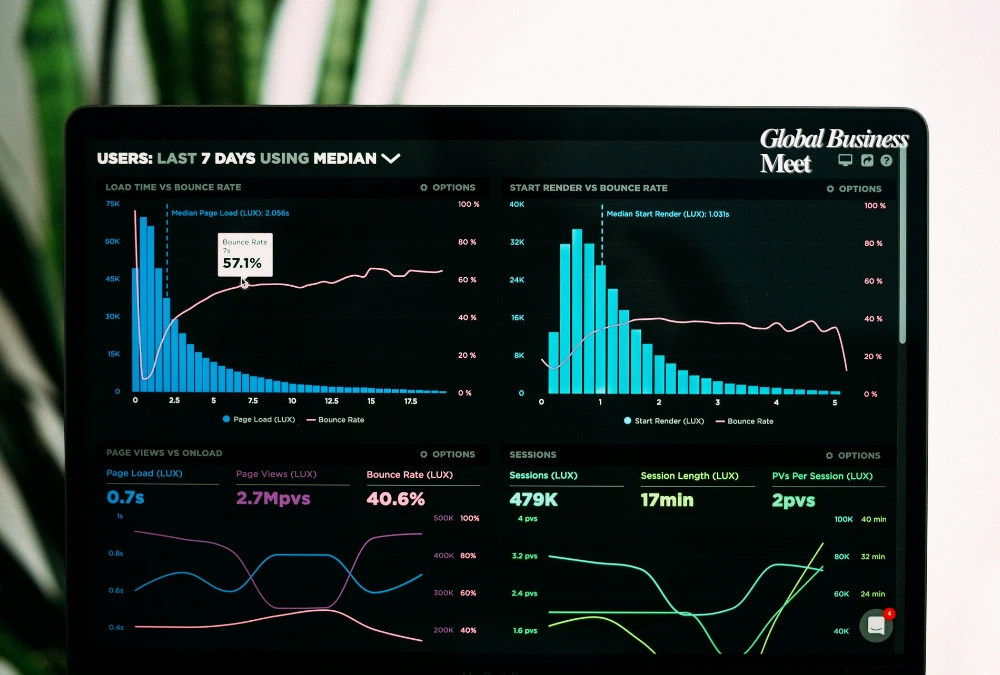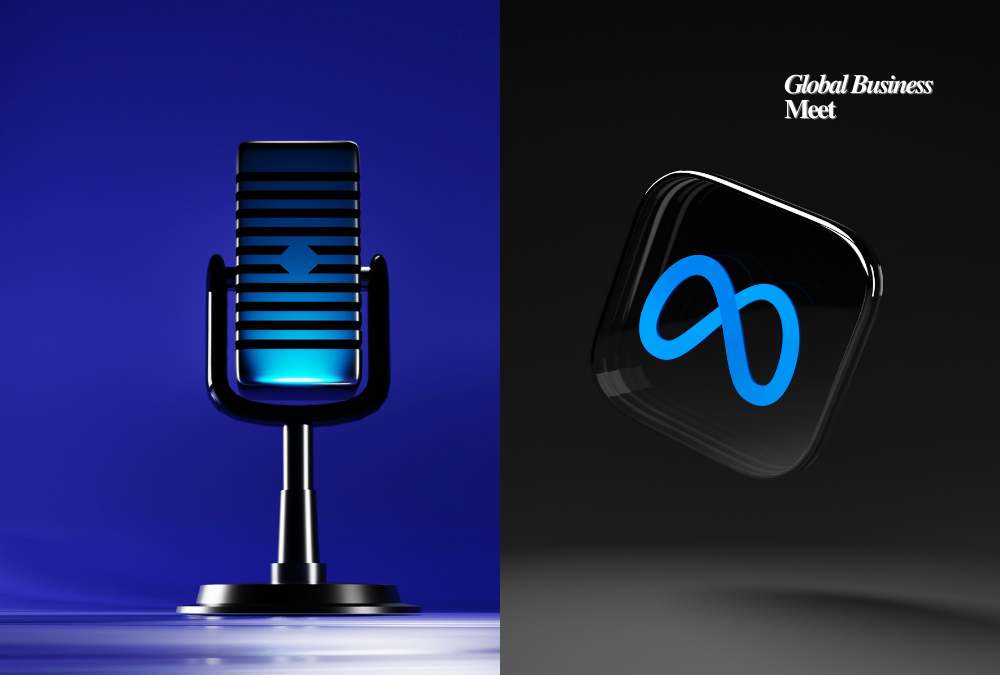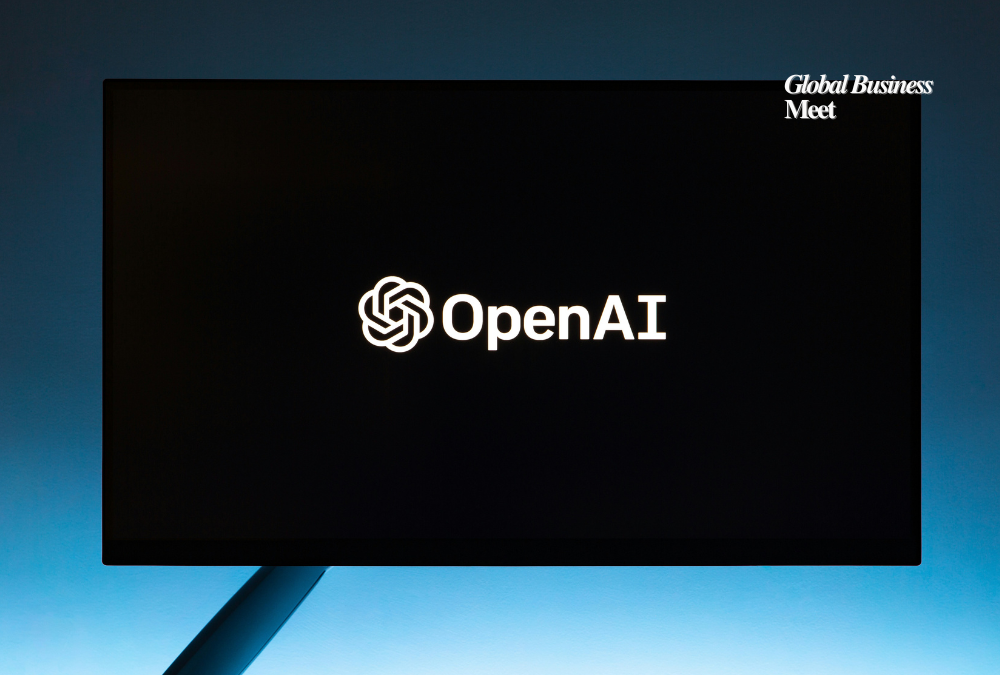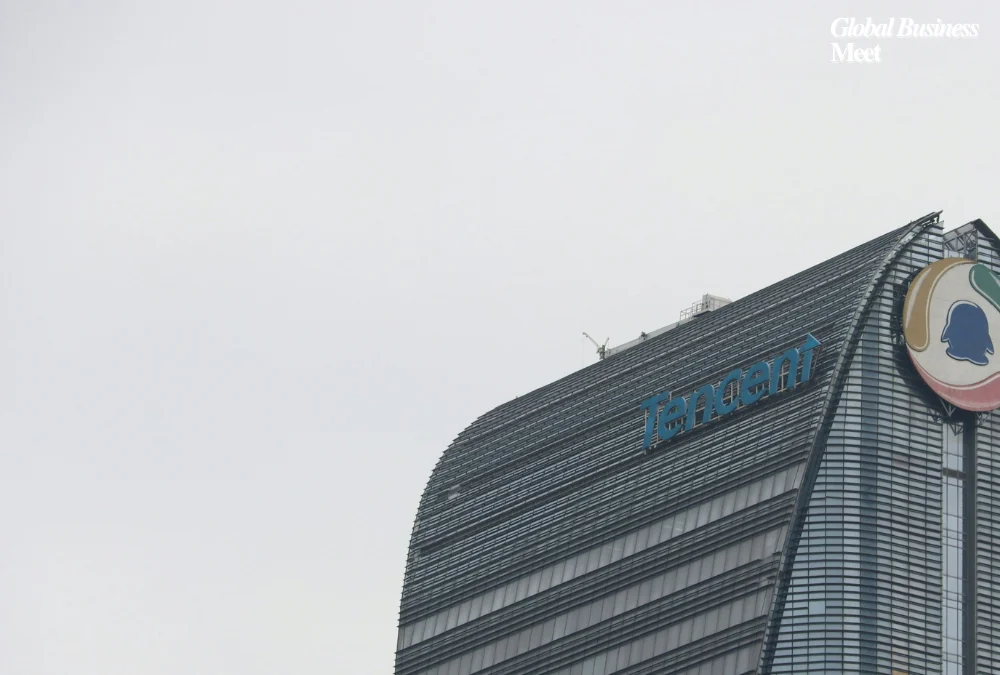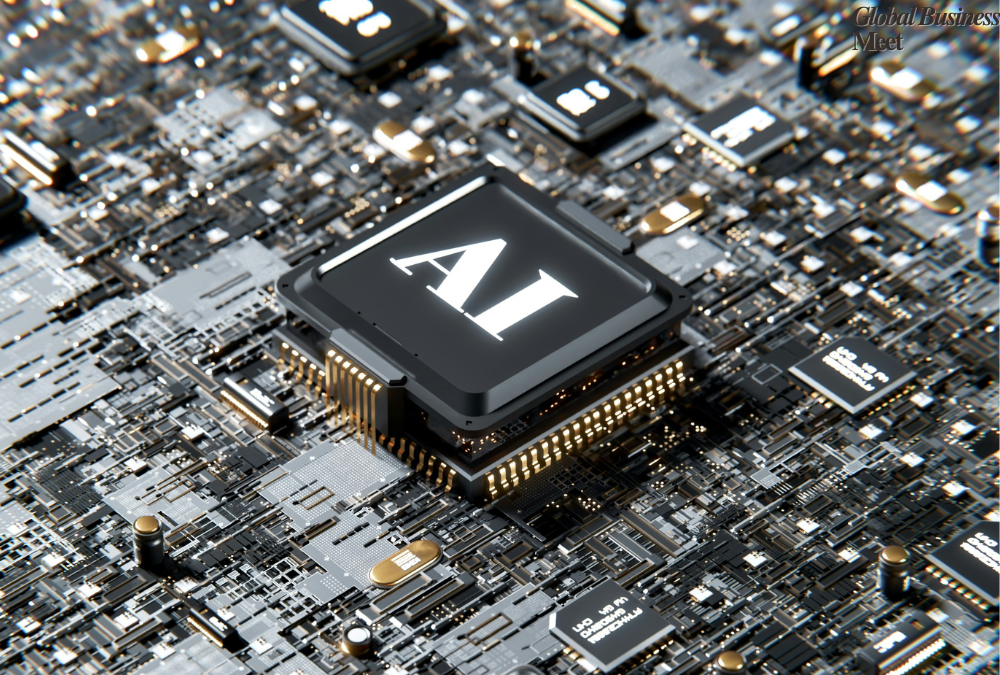
US export restrictions of NVidia’s H20 AI chips have had a far reaching impact on its financials, denting sales in China mainly. It also missed out on $2.5bn in potential revenue in the same quarter; in fiscal year 2026’s first quarter, it took a $4.5bn charge on unsold H20 inventory. Nvidia which also forecast revenues of about $45 billion for the year, said it expects the second quarter revenue loss to be about $8 billion.
It’s part of Nvidia’s Hopper architecture for a chip called the H20, a chip made specifically in compliance with earlier U.S. export regulations. But the most tailored of these chips are no longer allowed to be exported to China, thanks to recent policy changes. “China is the biggest market for us, accounting for a portion of global AI research and development and we are as passionate about that market as we are about our own selection,” CEO Jensen Huang said. Excluding U.S. companies from this market, he warned, could have the unintended consequence of strengthening Chinese rivals and harm America’s leadership in AI technology.
Despite the challenges, Nvidia says it still sees strong demand for its AI products in other parts of the world. Revenue rose by 73 percent year over year to $39.1 billion at the company’s data center division. Major tech firms and international clients including the Middle East are starting to pick up Nvidia’s new Blackwell chips and the GB200 NVL72 systems.
Analysts said that although the export restrictions are an obstacle in the short term, Nvidia’s diverse presence in the global market and solid product lineup make it well placed to continue to grow. In order to thrive in the global AI market, the company is looking to find its way around the changing regulatory landscape.

